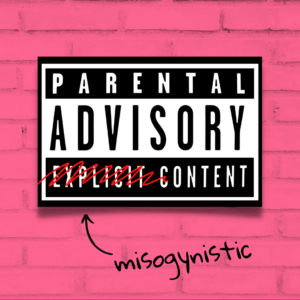It’s no secret that TikTok has been one of the mainstays for millennials and gen z throughout the COVID-19 pandemic, coming just at the right time to coincide with all of us staying inside with little to do. It has also been the spawning point of a number of different subcultures and communities; cottage core, e-girls, coconut girls to name just a few of the most well known.
While these communities are essentially united by aesthetics, others are linked by more deeply held values and beliefs. One of the most dominant of these communities is #WitchTok. The WitchTok community is the hub of young people, predominantly white women, who are experimenting in their embracing of Pagan and pseudo-Pagan practices such a spell casting, purification, smudging (burning sage), and a whole smorgasbord of other spiritual acts. The community has become incredibly popular, bleeding into the burgeoning popularity of astrology, and has become a lucrative business space for smaller companies monetising on selling crafts to practice or selling charms and spells.

Before diving any further I think it’s important to explain exactly what Paganism is as a religious tradition. The term ‘Pagan’ generally refers to a wide umbrella of nature honouring religions from around the world, some of the most well-known branches are Wicca, Druidry, Hellenism, and ad-hoc Paganism/unaligned Pagans.
In the Western world Paganism was essentially extinct until the 1800s and 1900s when people began to break away from Christian domination and aimed to revitalise extinct pre-Christian religions. This means that Western Paganism as it is today is actually a very young religion that emerged at a time when the entire framework of religion in the Western world was being shaken to its core. The conclusion of this is that now Paganism is a rapidly growing and still developing religion that has very little structure or systems of authority.
This is possibly what makes WitchTok such an appealing space for young women in the West who will have most likely been introduced to religion through an Abrahamic and patriarchal lens. WitchTok’s biggest stars seem to connect to contemporary Paganism because of the agency over their own spirituality that it allows them. It also gives them a closer connection to the earth and the world around them, linking into the general trend of more ecological consciousness on TikTok. Women particularly connect to the WitchTok space because we are taught socially that access to spiritual power belongs to men, most priests are men, the founders of most major world religions are men, and historically women who dare to take spiritual agency are either greatly stigmatised for doing so or do so in very rigid parameters with limited agency. This is part of what made the movements of Wicca and other branches of Paganism grow in the first place, the need for women to have their own spiritual agency.
Women on WitchTok are able to control their own spiritual practice and respond to their own spiritual needs through the skills and community they cultivate on TikTok.
But there is a problematic undercurrent to WitchTok that is beginning to be discussed more and more on the platform, and that is that WitchTok is predominantly centred around the experiences of white women and extensively uses spiritual practices from non-Western religions and cultures. Practices like smudging, the act of burning sage to purify a space, belongs to Indigenous American cultures and for many is considered a closed practice.
Closed practices are acts, normally spiritual or cultural in nature, that should only be carried out by the faith or culture that originated them. WitchTok creators frequently display themselves appropriating such practices and speaking over the voices of creators from the original communities.
Predominantly it is Native American, South Asian, and African practices that the mainly white space of WitchTok are appropriating, often using the deities and deeply held and sacred beliefs of people from these regions with little to no appreciation or knowledge of their significance.
For people from these communities, it is a large issue because historically white colonisers have marginalised these communities for their long-held faith and traditions. WitchTok exports these practices that once saw people of non-Abrahamic religions face discrimination and violence and brings them to an audience entirely ignorant to their origins and the difficulties these communities still face.
As a Hindu, I struggle when I see WitchTok creators mix our pantheon of gods with the Hellenist, Norse, and West African pantheons as if they are interchangeable. It is disrespectful to the independence and context of Hinduism and our gods. It is also difficult to see WitchTok creators utilise figures like Durga, Kali, or Ganesha and ‘worship’ them in ways that most Hindus would consider disrespectful.
Spiritual gatekeeping is a tricky subject. On one hand, spirituality and how it is expressed is a deeply personal thing so policing how somebody does this feels uncomfortable. Yet on the other hand, smudging or worshipping the Hindu pantheon, to name only a tiny fraction of the many appropriated spiritual practices on WitchTok, are deeply important to the cultures and communities who have cultivated them over thousands of years.
Traditional Wicca doesn’t appropriate from other communities and cultures but instead developed its own rich tapestry of practices and cultivated a strong community of empowered women leading spiritual services and rituals. This leads me to wonder if there is a current of some creators on WitchTok who are more interested in the performance of alternative spiritualities than the actual belief in them. I don’t intend to delegitimise that WitchTok for many people has been a gateway to a rich spiritual belief and firm faith in Pagan traditions. I just question the validity of some in the community who export non-Western practices, ignoring traditional Pagan schools of thought, to a White audience who then go on to partake in closed practices and appropriate from other religions and cultures without even being aware they are doing so.
With most conversations around appreciation vs appropriation, the main takeaway is to always understand that when stepping into a community’s practice or aesthetic you must listen to the voices of those whom you risk hurting.
WitchTok has been able to empower a number of young women who are now through its influence able to access a different side of spirituality that does not hinge on the structures and patriarchal nature of many traditional religions. It has however also continued a long history of White culture appropriating the spiritual and religious practices and motifs of non-Western communities without consideration of the original cultures.
On the whole, WitchTok is overarchingly a positive space for young women to learn about nature honouring faith and spirituality in a way that would not be accessible to them otherwise. It does, however, have a tonal problem and needs to be mindful that some practices are not for anyone to partake in.
















